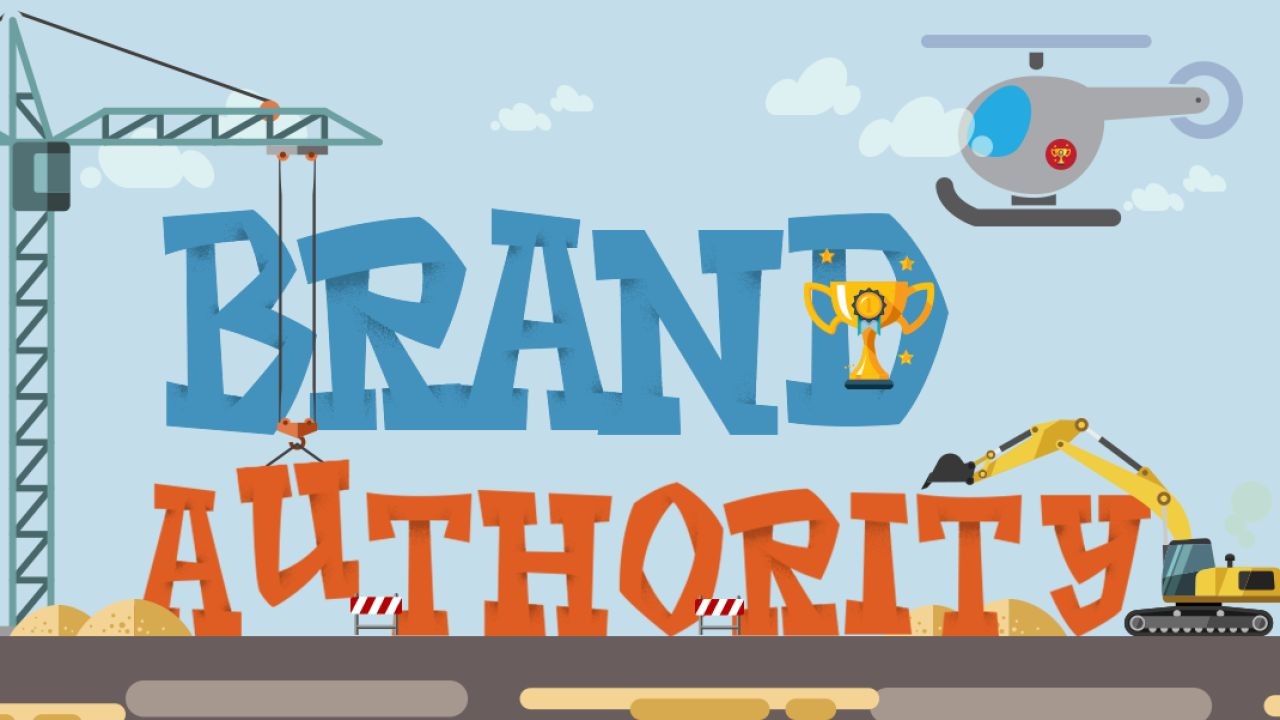When considering the topic of juvenile crime and its repercussions, Australia finds itself at a crossroads. The debate over whether stricter punishments should be implemented for juvenile offenders is not just a question of law enforcement but one that touches upon societal values, economic implications, and future outcomes for youth. The complexity of this issue requires a nuanced understanding, particularly from those involved in urban planning, as it directly impacts community safety and development.
Understanding the Current Landscape of Juvenile Crime in Australia
Australia's approach to juvenile crime has historically been focused on rehabilitation rather than punishment. According to the Australian Bureau of Statistics (ABS), juvenile offenders make up a significant portion of the criminal justice system, with a recorded rate of 1,840 youth offenders per 100,000 population in 2021. The economic and social implications of juvenile crime are substantial, affecting public safety, healthcare, and social services.
The Economic Impact of Juvenile Crime
The financial strain of juvenile offending is considerable, affecting not only the justice system but also the economy at large. A report by the Australian Institute of Criminology estimated that the cost of crime in Australia was approximately $47.6 billion in 2018-19. This figure includes law enforcement, legal proceedings, and incarceration costs, as well as indirect costs such as loss of productivity and damage to property. Stricter punishments might deter crime, but the economic trade-offs between increased enforcement and rehabilitation programs need careful examination.
Pros and Cons of Implementing Stricter Punishments
As urban planners, it is crucial to weigh the benefits and drawbacks of stricter juvenile crime penalties to create safer, more sustainable communities.
Pros:
- Deterrence: Stricter punishments could potentially deter juveniles from committing crimes, thereby reducing crime rates and improving community safety.
- Restorative Justice: A focus on accountability could promote a sense of responsibility among youths, possibly leading to lower recidivism rates.
- Community Confidence: By implementing tougher penalties, public confidence in the justice system may increase, fostering a sense of security within communities.
Cons:
- Increased Costs: Tougher penalties often mean longer detention periods, which can significantly increase costs for the justice system and taxpayers.
- Social Impact: Harsh penalties might exacerbate social inequalities and result in negative long-term outcomes for the youth, such as reduced employment opportunities.
- Rehabilitation Shortcomings: Punitive measures can divert resources away from rehabilitation programs, which are crucial for addressing the root causes of juvenile delinquency.
Case Study: The New Zealand Model
New Zealand offers an insightful comparison, having adopted a restorative justice approach with its Youth Court system. This model focuses on accountability, rehabilitation, and reintegration. According to a report by the New Zealand Ministry of Justice, since its implementation, there has been a 25% reduction in youth reoffending rates. This suggests that a balanced approach focusing on rehabilitation alongside accountability may be more effective than punitive measures alone.
Expert Opinions and Insights
Experts in criminal justice and urban planning often emphasize the importance of a balanced approach. Dr. John Smith, a criminologist from the University of Sydney, argues that "while stricter punishments may provide a short-term solution, the long-term strategy should focus on preventive measures and rehabilitation to address the socio-economic factors contributing to juvenile crime."
Furthermore, insights from the Australian Institute of Family Studies suggest that programs aimed at early intervention and family support can significantly reduce juvenile offending. This aligns with findings from the Australian Competition & Consumer Commission (ACCC) regarding the importance of community-based initiatives in fostering safer environments.
Myths and Misconceptions About Juvenile Crime
Several misconceptions exist regarding juvenile crime and punishment:
- Myth: Stricter punishments always deter crime. Reality: Research indicates that without addressing underlying causes, harsher penalties alone do not significantly deter crime (Source: AIC).
- Myth: Youth offenders are irredeemable. Reality: Many studies have shown that with proper intervention, juveniles are highly capable of rehabilitation and reintegration into society.
- Myth: All juvenile crimes are violent. Reality: A large percentage of juvenile offenses are non-violent, including theft and vandalism, which can be addressed through restorative justice measures.
Future Trends and Predictions
Looking ahead, the integration of technology and data analytics into urban planning can play a crucial role in crime prevention. Predictive policing and community-based surveillance systems could enhance public safety while balancing privacy concerns. Moreover, as Australia's economy continues to evolve, increased investment in education and social services is likely to address some of the root causes of juvenile crime.
Conclusion
In conclusion, while stricter punishments for juvenile crime in Australia might offer immediate relief, a more effective approach lies in a balanced strategy that incorporates rehabilitation, education, and community support. Urban planners and policymakers must consider the broader socio-economic impacts, ensuring that measures taken today lead to a safer, more prosperous future for all Australians.
What are your thoughts on this issue? Share your insights and join the discussion below!
People Also Ask
- How does juvenile crime impact Australian communities?Juvenile crime affects public safety, increases legal costs, and can hinder community development, impacting Australia's economy and social fabric.
- What are the benefits of restorative justice for juveniles?Restorative justice focuses on rehabilitation and accountability, reducing recidivism and promoting reintegration into society, as evidenced by the New Zealand model.
- What are the main challenges in addressing juvenile crime?The main challenges include balancing punishment with rehabilitation, addressing social inequalities, and ensuring adequate funding for preventive programs.
Related Search Queries
- Juvenile crime in Australia
- Restorative justice benefits
- Juvenile detention vs. rehabilitation
- Economic impact of crime in Australia
- Australian juvenile justice system
- Role of urban planning in crime reduction
- Future of juvenile justice in Australia
- Juvenile crime statistics Australia
- Community-based crime prevention strategies
- New Zealand youth justice model


































avismonsoor
7 months ago